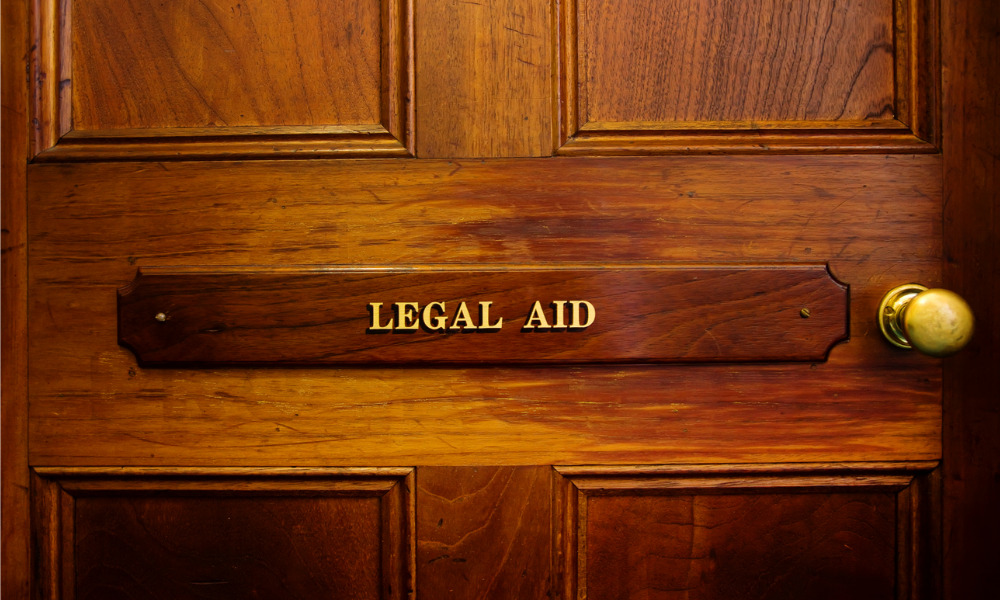
The organisation stressed the need to improve the remuneration and conditions for legal aid work.

The funding of the legal aid system drew attention from the New Zealand Law Society (NZLS) following the release of Budget 2023.
Approximately 93,000 more people are now eligible for legal aid. The Law Society pointed out that while Budget 2022 saw an increase of $148.741m over four years, no additional investment in remuneration for legal aid providers has been made in the current budget. The organisation has expressed support for measures that improve access to justice, acknowledging that legal representation is crucial in many cases. However, there is a growing need for more legal aid providers nationwide. The Law Society stated its concern that there would not be enough legal aid providers to assist the additional 93,000 individuals now eligible for legal aid.
While last year saw an increase in the hourly rate of remuneration for legal aid, the organisation said that more needs to be done to address the system's deficiencies. The Law Society stressed that improving the remuneration and conditions for legal aid work is essential for retaining existing providers and attracting new lawyers into the legal aid regime.
Inadequate remuneration and working conditions may lead to a decline in the number of lawyers willing to provide legal aid, exacerbating the strain on the system. COVID-19 has further impacted the backlog in the court system, making the current state of the legal aid system unsustainable.
Liz Bulger, convenor of the Law Society’s legal services committee, said, "COVID-19 has exacerbated backlogs in the court system, and as a central part of our justice system, this issue won't be resolved without the hard work of legal aid providers across all jurisdictions. The current state is unsustainable, and these pressures may further reduce the number of lawyers who can provide legal aid."
Provider shortages are especially acute in family legal aid, with 25% of family legal aid providers expressing intentions to reduce or stop their legal aid work due to low remuneration. Family Law Section Chair Lauren Pegg said that in many regions, individuals have to approach multiple family lawyers and are often unable to find one with the capacity to help.
"These are complex, personal, and often highly stressful situations people try to navigate. In the interests of all parties, they cannot be expected to do this alone," Pegg said. "The legal aid system faces challenges that cannot be addressed through minor adjustments. If we are to maintain a sustainable and effective legal aid system, a full review is required. We urge the government to commit to this."
The Law Society also pointed out that the remuneration of duty lawyers, who play a critical role in providing legal advice to unrepresented defendants, has not seen significant increases since 1998. The duty lawyer service did not receive any additional funding from Budget 2022.
In April, Law Society President Frazer Barton wrote to the Minister of Justice, conveying 'grave concern' that duty lawyer work had become unsustainable for lawyers, risking severe impacts for defendants, victims, and the criminal justice system. The organisation has committed to participating in an upcoming review of the duty lawyer scheme.
Barton said he was committed to continued advocacy for legal aid providers and duty lawyers, indicating that the Law Society will continue its evidence-based advocacy to benefit legal aid providers. The organisation has recently initiated work to understand the current costs of practice for lawyers in New Zealand. This information is expected to provide further evidence around the necessary level of remuneration for legal aid providers and will be a valuable source of information for the wider profession.